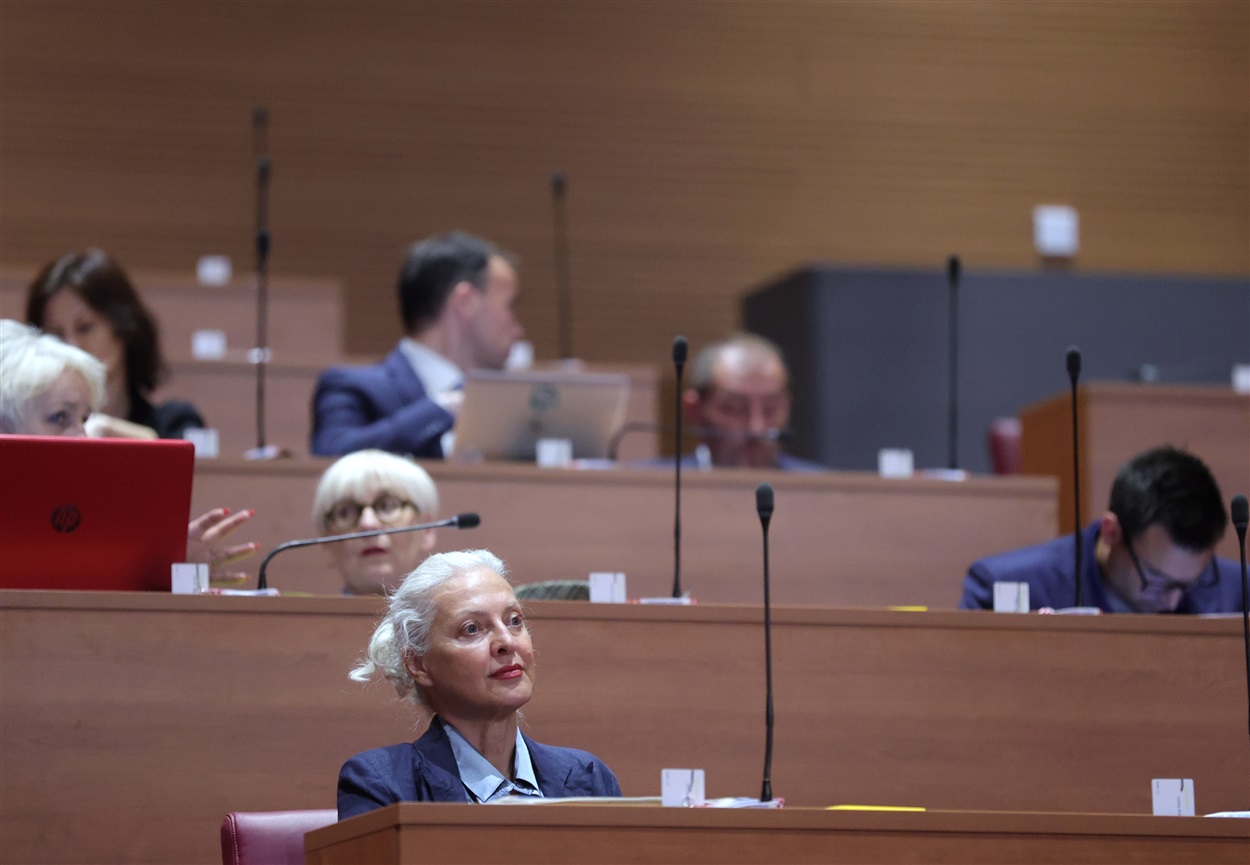
Zagreb - The 2023 Annual Report on the implementation of Croatia's National Development Strategy until 2030 shows that the country is making significant strides in economic and social development, ruling party MPs said in Parliament on Tuesday, while the opposition claimed Croatia was facing a demographic and economic collapse.
"In Croatia, we are witnessing not only a demographic but also an economic collapse. Young, educated and skilled workers are leaving and are being replaced by foreign workers without systematic integration into society," said Sanja Radolović (Social Democratic Party, SDP).
She pointed out that more than 400,000 people have left Croatia since it joined the EU in mid-2013 and said the country was experiencing "artificial employment" due to people working through agencies or on temporary contracts. According to Radolović, GDP growth is driven solely by government spending and EU funds.
Ivica Ledenko (Bridge) said that the country's biggest challenge is demographic decline, adding that Croatia should strive for self-sufficiency in development, especially in agriculture and energy, as key components of national security.
He also said the judiciary was becoming less independent, inflation was among the highest in the EU, the economy was not creating better-paid jobs and the country was lagging in digitalisation.
Independent MP Nino Raspudić cited poor indicators in healthcare, the judiciary and demographics.
"Although Croatia is doing more than ever to bring back some of its emigrants, the results of these measures remain limited," Raspudić said. He expressed particular concern about the structure of foreign labour being imported into Croatia, noting that only 1% have higher education qualifications, compared with over 30% in Germany.
HDZ MP: If the situation were so catastrophic, voters wouldn't have backed HDZ for a third time
In contrast to the opposition's claims, Marko Pavić of the ruling Croatian Democratic Union (HDZ) said it was indisputable that Croatia was making considerable progress in economic and social development. He pointed to investments from EU funds, the introduction of the euro and accession to the Schengen Area as foundations for the fivefold upgrade of Croatia's credit rating.
"If the situation in Croatia were as catastrophic as the opposition claims, voters would not have given their trust to the HDZ and Prime Minister Andrej Plenković for a third time, nor would the HDZ have won local elections," Pavić said.
Croatia's GDP is growing several times faster than the EU average, and the country has already reached 78% of the EU development average. To accelerate growth further, investments are needed in research and development, and efforts should be made towards more balanced regional development, he added.
Presenting the report, Domagoj Mikulić, State Secretary at the Ministry of Regional Development and EU Funds, said that 10,800 Croatian nationals returned to the country in 2023. While demographic challenges remain a serious issue, he noted that Croatia recorded a positive net migration balance, the highest in the last 20 years. Emigration dropped by more than 15%, while immigration rose by nearly 20%.
Mikulić presented numerous positive indicators, saying one of the key strategic goals remains reducing regional disparities and promoting balanced territorial development, particularly in less developed areas. Citing data from Eurostat, he said that all counties in Croatia had recorded GDP growth per capita, and that the gap between the most and least developed counties was being reduced.
He added that digital transformation has been identified as essential for improving productivity, strengthening competitiveness and enhancing services for citizens and businesses. However, further improvements are needed in e-services, the automation of administrative procedures and the development of user-centred public services.